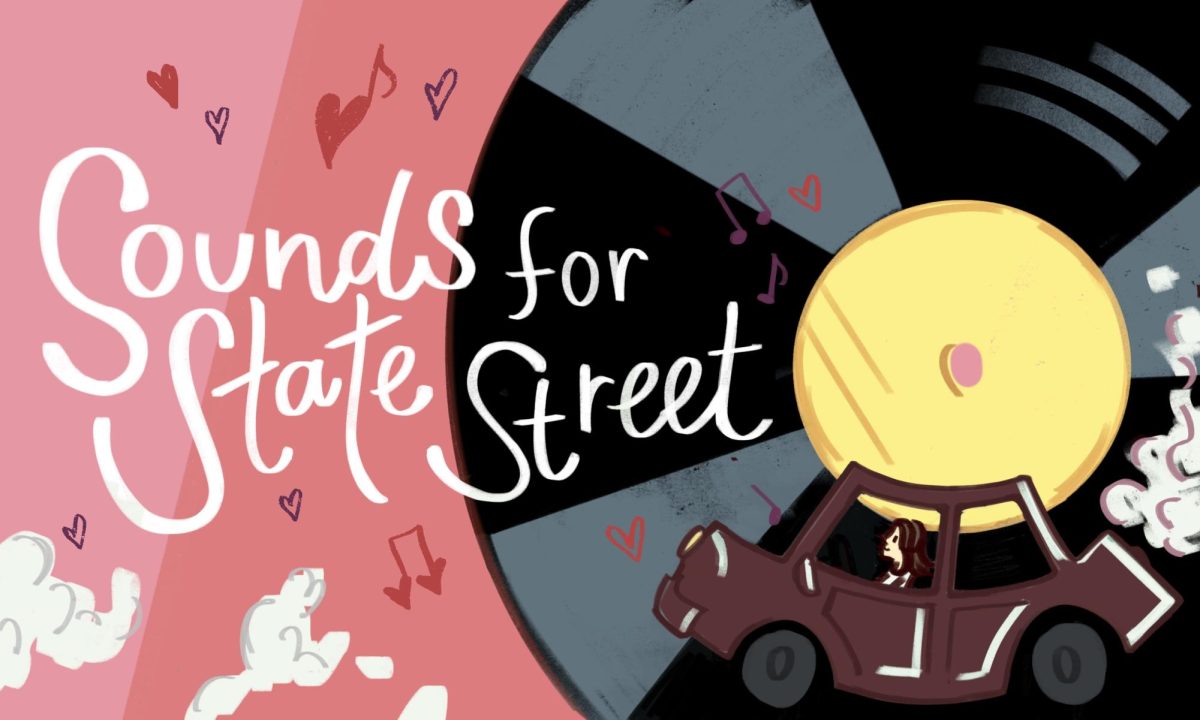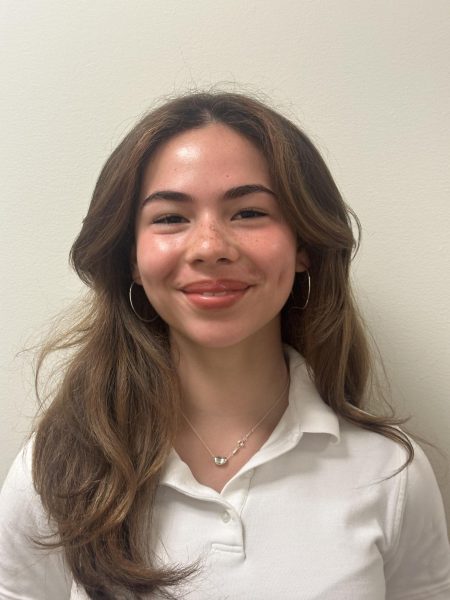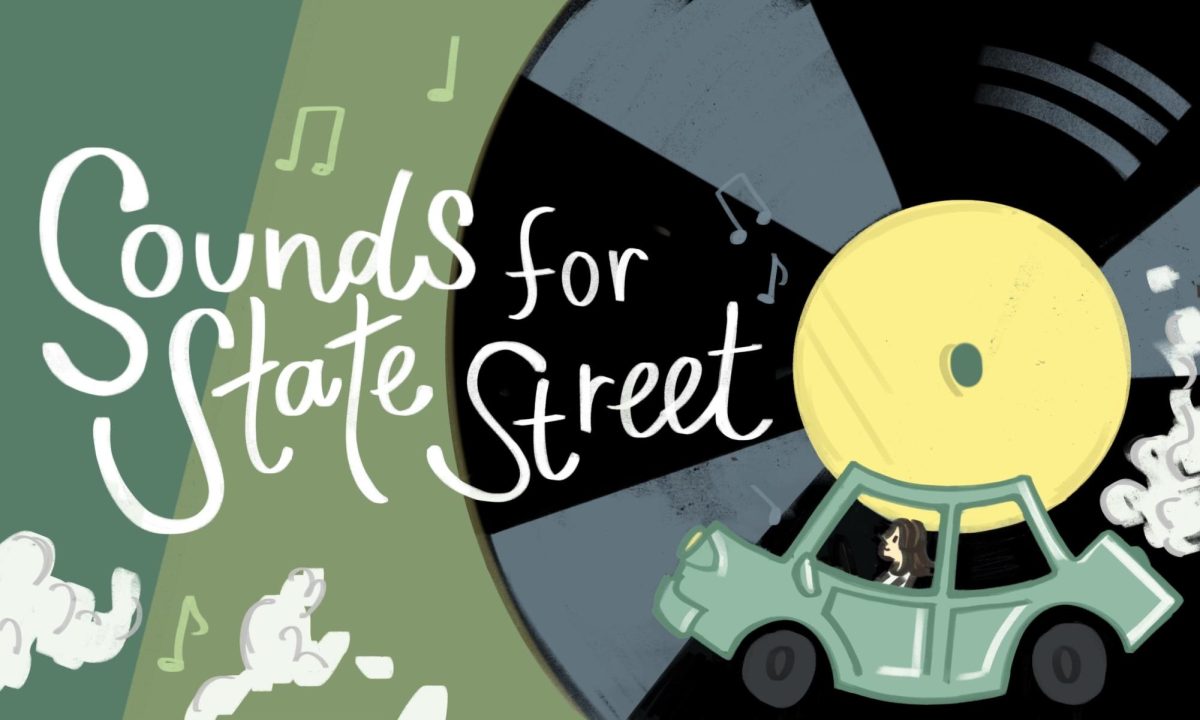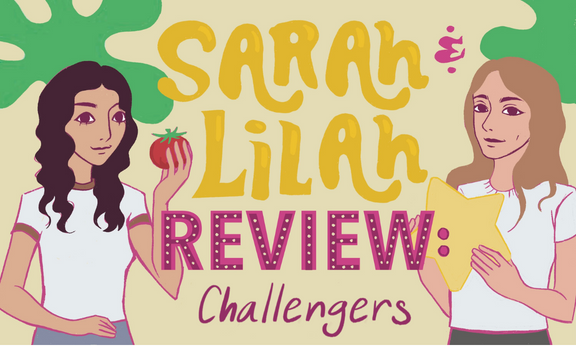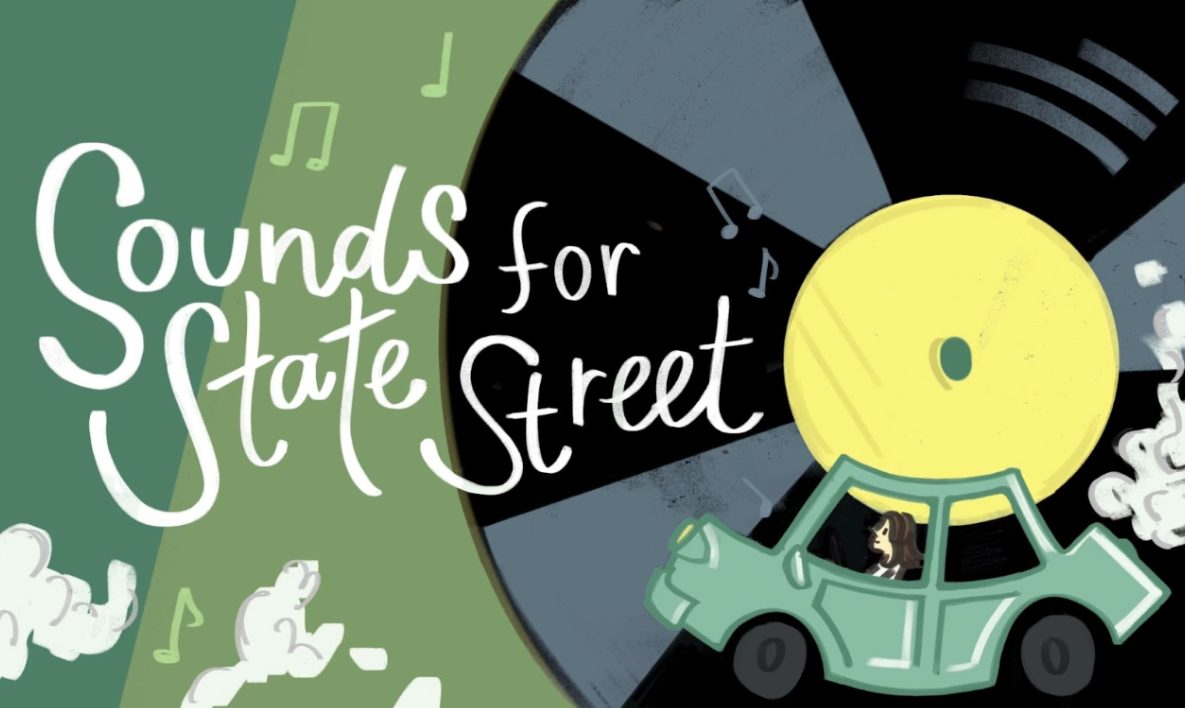Hello, my name is Carolina, and I am a junior. Growing up, I’ve had a very diverse and unique music taste thanks to my parents. They introduced me to everything under the sun, ranging from Motown and David Bowie to Sade and Dean Martin.
In this column, I’ll create monthly eclectic playlists full of genres from classical to ’70s rock and R&B to pop with the intention to connect students in the Westridge community through music. Consisting of 15–20 songs, there will be a brief history of two highlighted songs and their creative significance to me. Additionally, each playlist will revolve around the time of year—for example, a fall mix or a playlist full of study favorites to get you through exam season. Maybe you’ll listen on your way to school, while you study, or just for fun! Mixed with Taylor Swift and 70s rock, my eclectic playlist may strike a chord with fellow Westridge students, get their toes tapping, and teach them a little about what they are listening to.
Cupid: Carolina’s February Edition playlist
Hello everyone! In celebration of Valentine’s Day, this playlist features songs of love! Normally my playlists include my favorite songs to suit a month or mood, but this month I discovered some great songs for the Cupid in us all! As always, I hope y’all enjoy listening!
The plaintive and alluring opening bars of “Playground Love” by Air are arresting. The sound is contemplative, mournful and sensual.
For the first half of their career, the counterparts of the French music duo Air, Nicolas Godin (left) and Jean-Benoît Dunckel (right) recorded remixes for other groups before recording and releasing their first EP Moon Safari in 1998. This album received universal success and critical acclaim, with its single “Sexy Boy” topping the chart. In 1999 Air wrote the score for Sofia Coppola’s debut film, The Virgin Suicides. The featured singer on this track, Thomas Mars, another French musician and a member of the band Phoenix, became the husband of Sofia Coppola in the 2000s. Air has actually collaborated with Coppola quite a bit. Air’s drummer additionally put together the soundtrack for Coppola’s 2003 movie Lost in Translation and contributed the original song Alone in Tokyo. Coppola’s 2006 film Marie Antoinette again featured a song by Air (“Il Secondo Giorno’”) and for her album 5:55, Air wrote and played for Charlotte Gainsbourg (the daughter of Serge Gainsbourg, whom I wrote about in the October edition, and Jane Birkin!). Many associate the sound of Air with an amalgam of genres including space rock, electronica, downtempo, and alternative.
Although I had heard “Playground Love” a couple of times before, I wanted to include this song after I recently watched the Virgin Suicides and witnessed a sense of urgency for love shown throughout the instrumentals and, of course, lyrics of Playground Love. This song uses a playground as a metaphor for experiencing love for the first time. The innocence of young love shines through specifically as they mention shaking hands and flushes of the soul. The ticks in the intro that continue throughout the song are hypnotizing and immediately make me feel like I am lying in the grass in a summer cotton dress. Further, the song’s saxophone altered my idea of what instruments could be used in alternative music since the sax had become passé with ’90s hipsters. This contemporary song as the title piece of a period movie illustrates well the eclectic style of Sofia Coppola: as she tells this somber tale of long ago, all the while she is instructing us through this modern ambient, moody music how love would be on the threshold of the new millennium.
Chopin’s “Étude Op. 25 No.1 in A Flat Major” is said to be one of the most passionate expressions of love in music. Frédéric Fraçois Chopin, a Polish composer and pianist of the Romantic era, was considered a poetic musical genius in his time. His craftsmanship is still admired throughout the world.
An étude is a study of instrumental composition usually used for perfecting a musical skill. Chopin’s “Étude Op. 25 No.1,” composed in 1836 and published in 1837, is much more than that. It is almost as if Chopin is trying to compose in music how true love must feel. Robert Shumann, another famous composer at the time, famously gave the composition its nickname, the Aeolian Harp, because of its “weightless magic.” And, because of the harmonic modulations, Shumann called it a poem, rather than a study.
Chopin’s love of love is woven throughout the notes of this composition. For a time, Amantine Lucile Aurore Dupin de Francueil, better known by her pen name George Sand, captured Chopin’s heart. A French romantic writer and novelist, Sand pranced around in pants when they were strictly worn by men. She was independent and passionate. Chopin’s ill health prompted her to take him to Majorca, Spain where he composed some of his best known works. Their early relationship is told with humor and romance in the 1991 movie, Impromptu starring Judy Davis as Sand and the “all of the above” Hugh Grant as Chopin. The first time I heard this piece I listened intently without moving until it was finished. The instruments moved to the foreground of my moment. It is a beautiful and perfect two minutes and fifty seconds.




























![Dr. Zanita Kelly, Director of Lower and Middle School, pictured above, and the rest of Westridge Administration were instrumental to providing Westridge faculty and staff the support they needed after the Eaton fire. "[Teachers] are part of the community," said Dr. Kelly. "Just like our families and students."](https://westridgespyglass.org/wp-content/uploads/2025/03/dr.-kellyyy-1-e1748143600809.png)






















